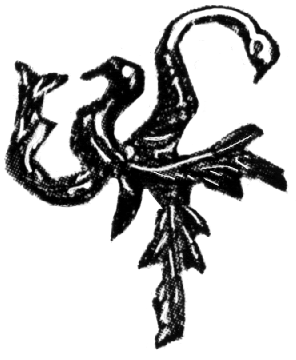

PROGRAM: IF THE GENOCIDE IS RECOGNIZED, WHAT DOES THE ARMENIAN COMMUNITY EXPECT NEXT?
The Armenian Professional Society has invited several prominent community members to come and present their individual ideas about what direction the community should take, if and when the Genocide is recognized by the United States and Turkey.
DATE: May 7, 2007
TIME: 7:00 pm SHARP light refreshments will be served with the program to promptly start at 7:30 PM. Seating is limited to just 230. First come, first seated.
LANGUAGE: English
PLACE: Glendale Main Library Auditorium, 222 E. Harvard Ave, Glendale, Ca. 91210
Invited guests:
Mark Chenian
Dr. Levon Marashlian
Harut Sassounian
Hovan Simonian
Ben Charchian
Mark Chenian
Dr. Levon Marashlian
Harut Sassounian
Hovan Simonian
Ben Charchian
Moderator: Dr. Hrair Dekmejian
This event is guaranteed to be thought provoking. Come and hear what the various views and opinions are contemplated from demands for reparations to just being thankful that recognition was finally obtained. A large part of the program will be devoted to questions of the panel members and their answers. Be part of this necessary process.
Armenian Professional Society | P. O. Box 1944 | Glendale | CA | 91209-1944

Web: http://www.reporter.am
Levon Marashilian began by expressing many of his viewpoints “Turkey Turkey Armenia Armenia Armenia Armenia Armenia Armenia
Harut Sassounian, a community activist and prolific writer, has written many articles on the Armenian Genocide. He is the publisher of the California Courier and his other roles include serving as the vice president of the Lincy Foundation and president of the United Armenia Fund. In his opening remarks, Sassouinian declared “The Armenian Genocide is already recognized. The whole world already knows that there was a genocide.” He continued, “countries and presidents around the world for years have recognized the Genocide. President Reagan recognized it in 1981. We have to get out of the victim mentality, and instead be self-assured and demand our rights. We have to get on the offensive and take the initiative. The Turkish government has not officially recognized the Armenian Genocide; that's their problem. They know its true; we know its true. It would be in their interest to recognize it.” He went on to explain that ifTurkey Turkey
The last guest on the panel to speak was doctorial candidate Hovann Simonian. He is co-author of the book, Troubled Waters: The Geopolitics of the Caspian. He also recently published a book about the Hemshin people living inNorthern Turkey who were forcefully converted to Islam about 300 years ago. Simonian's presentation was more linear. “The type of compensation Armenian should ask for is private restitution. People should be able to ask for either the return of their private property or monetary compensation. The Armenian Church can likewise ask for all its churches ands monasteries back. That can be negotiated.”
The program continued with a dialogue session of questions and answers with the audience. Academic cadences and sheer concern mixed throughout the evening, with audience members exploring insightful solutions to this most pressing issue.